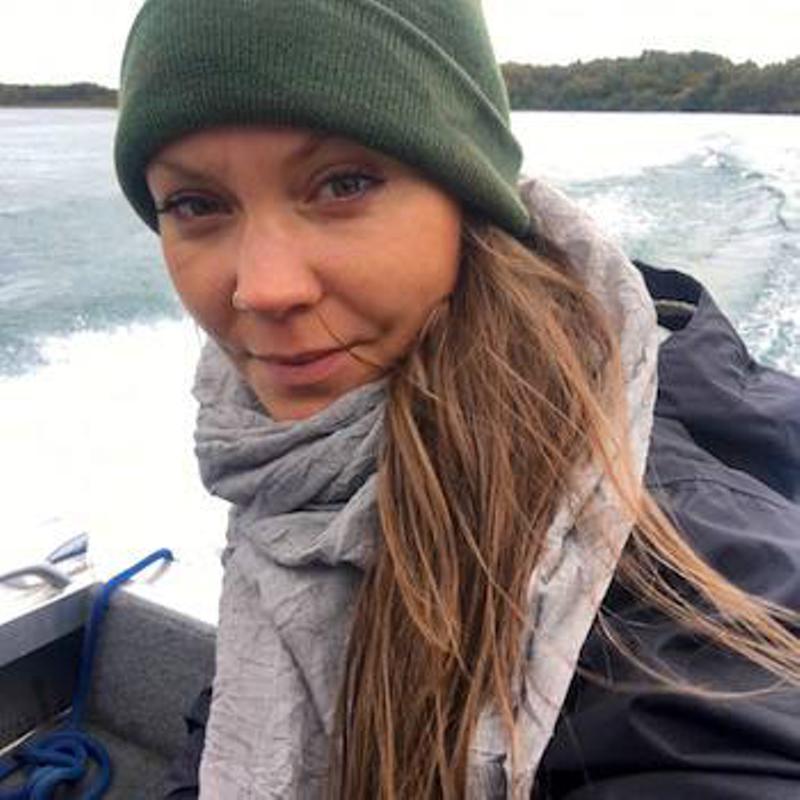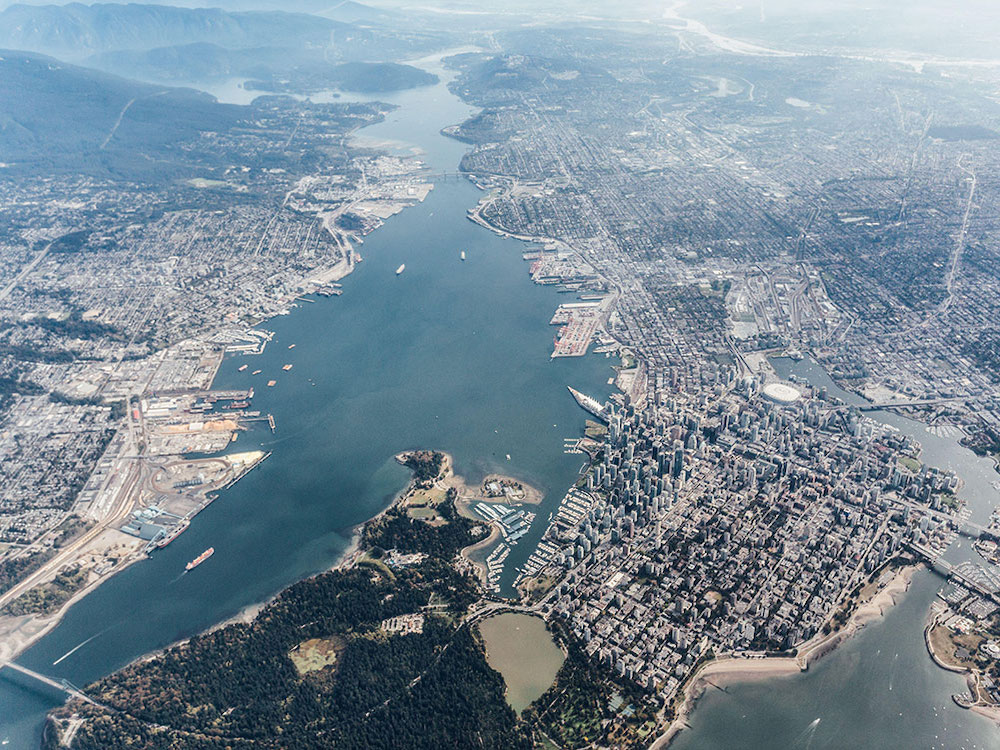Within just a few decades of Europeans beginning to develop what is now Vancouver in the 1870s, 99 per cent of Pacific herring, surf smelt and eulachon had been wiped out in nearby waters.
According to new research, the three species of forage fishes, which feed whales, salmon, seabirds and many other animals, were quickly decimated by destructive fishing practices, industrial activity and pollution.
For millennia before colonization, səlilwətaɬ (Tsleil-Waututh), xʷməθkʷəy̓əm (Musqueam) and Sḵwx̱wú7mesh (Squamish) nations relied on these species, using sophisticated technologies including nets and weirs to catch them. But by the 1930s, the fisheries’ near-total collapse had deprived First Nations of crucial foods and destabilized the entire ecosystem.
The study results are no surprise to Gabriel George, a cultural leader and the director of treaty, lands and resources for the Tsleil-Waututh Nation, which commissioned the study. The nation’s name translates to “the people of the inlet,” and they have lived in səlilwət — or Burrard Inlet, the narrow fjord that bisects Vancouver — since time out of mind. For generations, Elders have passed down detailed knowledge about the state of səlilwət before and after settlers arrived.
To understand forage fish populations during that period, archaeologist Jesse Morin, an adjunct professor at the University of British Columbia and Simon Fraser University, and a team of researchers combined information from archaeological digs with archival records, mostly from the turn of the 20th century. They combed through field notes, journals, reports and maps from ethnographers, early scientists and fisheries regulators, and recordings from Tsleil-Waututh knowledge keepers, including George’s late grandfather, Dan George, a notable leader and Chief.
The accounts describe settlers’ rapacious fishing methods, including the common practice of tossing dynamite in the ocean to kill schools of herring. After the fish floated to the surface, oil collected from their carcasses was used to grease wooden skids to slide huge logs out of the forests. In 1888, a fisheries regulator noted that herring, which had previously seemed “inexhaustible,” were becoming very difficult to catch around Vancouver.
“We’ve got people fishing in the most destructive way humanly possible way before scientists even glanced at those waters and thought about [measuring the herring population],” says Morin.
Indeed, the magnitude of these forage fish collapses more than a century ago was almost entirely overlooked by federal fisheries scientists, who didn’t begin studying the populations systematically until the 1970s.
Today, the population estimates from the 1970s are still used to manage what little is left of these species. The new study, however, has the potential to push that historical baseline back to before colonization.
Although environmental regulations are now much more stringent, the ecosystem in Burrard Inlet remains vulnerable to the combined impacts of human activities.
The inlet that George knows today is like a different world from the place his ancestors described, George says, where wolves and elk roamed the old-growth forests and ancient clam gardens were passed down through generations.
The waters are now contaminated with 700 different chemicals, the seafood largely off limits to community harvesting. Vancouver is Canada’s most densely populated city, and high rises and other shoreline developments press in from all sides. And the kilometres of dense cə́ləm, or eelgrass beds, that stretched along the shoreline during George’s childhood, providing nursery habitat for small fish, have since disappeared.
“Even relatively modest impacts to something that’s been so severely devastated already can be the tipping point that destroys it entirely,” says Morin.
To Iain McKechnie, a coastal archaeologist at the University of Victoria in British Columbia who was not involved in the recent research, the results align with a paper he published in 2014. That study found that, unlike today, herring were consistently abundant in waters between Washington state and Alaska prior to colonization. By combing through fish bones from upward of 100 First Nations’ village sites, including Tsleil-Waututh’s, McKechnie and his co-authors determined that for more than 3,500 years people ate this tiny fish more than any other, including salmon.
Studies like the ones led by Morin and McKechnie combat the tendency to assume that the ecological conditions we observe within our lifetimes are normal.
“It’s really hard for people to imagine something different than what they see,” says Simon Fraser University archaeologist Dana Lepofsky, a co-author of the 2014 study who was not involved in the recent research. Lepofsky, who also studies clam gardens, sees the Tsleil-Waututh Nation’s work as part of a global movement of Indigenous nations conducting their own historical baseline research to “reset the clock” for modern resource management.
The forage fish research is part of the Tsleil-Waututh Nation’s broader efforts to restore the inlet by combining scientific research with traditional knowledge. The nation is collecting data to map the changes in culturally important species, water quality, shoreline development and even shipping traffic in each part of their territory to quantify the ongoing impacts of colonization.
The nation is also taking action in many ways, including planting eelgrass in intertidal zones, removing toxic creosote pilings from spawning sites so forage fish eggs can survive, and working with the province to adjust water-quality standards, so the community can eventually eat shellfish safely.
There have been successes. In 2019, killer whales ventured into the inlet, and herring returned for the first time in 50 years.
It may be impossible to revive the ecology of the pre-colonization era, George says, but restoring the inlet as a source of food would benefit all Vancouverites, who rely on the health of the ecosystem whether they realize it or not.
“People that live in Vancouver,” George says, “don’t realize how much has been lost and [that] this isn’t the natural state of this inlet.”
“We can’t undo all of what’s happened, but we want to do better in this generation. And I think many Canadians feel that way,” George says. ![]()
Read more: Rights + Justice, Environment
















Tyee Commenting Guidelines
Comments that violate guidelines risk being deleted, and violations may result in a temporary or permanent user ban. Maintain the spirit of good conversation to stay in the discussion and be patient with moderators. Comments are reviewed regularly but not in real time.
Do:
Do not: